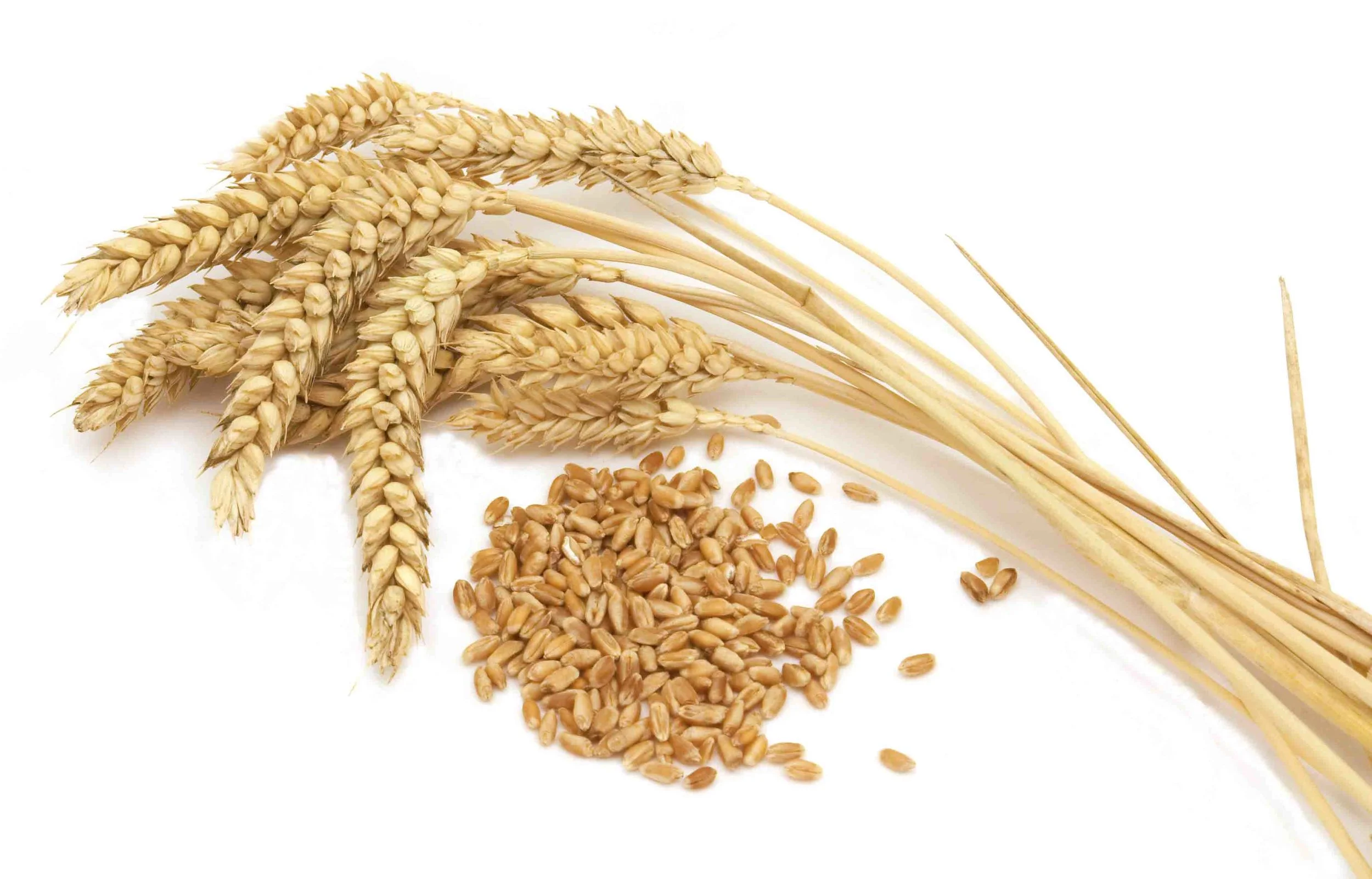Being gluten intolerant is more common than many people think. Estimates indicate that between seven and nine people per 1,000 are affected, or almost 1% of the population of Ireland.
Many diseases have been linked to gluten and many people who are sensitive or intolerant to gluten go undiagnosed. Gluten sensitivity or intolerance is a condition that causes the person affected to have a reaction after ingesting gluten, which is the large protein found in wheat, barley and rye.
There are many possible ways a person could react after ingesting gluten, but since many people who are gluten intolerant are never diagnosed you should be extra vigilant to look out for the following symptoms.
Gluten Intolerance Symptoms
- Digestive issues after eating wheat, barley or rye such as gas, bloating or constipation (the more common signs of gluten intolerance).
- A strong feeling of fatigue that seems to come out of nowhere after eating gluten, you could also feel tired or disorientated for a while.
- Neurological symptoms like feeling dizzy or the feeling of being off balance have also been reported. You might also experience powerful migraine headaches after eating gluten.
- Another possible symptom of gluten intolerance can come in the form of inflammation or swelling of your fingers, knees or hips.
- And lastly, some people with gluten intolerance or sensitivity have reported mood issues such as feelings of anxiety or depression. Others have reported experiencing rapid mood swings.
These are just some of the many possible symptoms of having gluten intolerance or sensitivity, don’t panic if you believe you are gluten intolerant and you don’t see your symptoms in the list. As there are many possible symptoms to being gluten intolerant.
Testing for Gluten Intolerance
One of the best ways to find out if you have gluten intolerance or a sensitivity to gluten is to test yourself. You can do this by removing gluten from your diet for a set period of time (4 weeks is a good average amount of time but the longer the better) and then reintroduce it after the period is over.
Monitor how you feel when you’ve removed gluten from your diet and compare it to how you feel once you’ve reintroduced it. If you felt noticeably better when you removed the gluten from your diet then it’s quite likely you have a gluten intolerance or sensitivity.
If there’s no distinguishable difference to how you felt once you have reintroduced gluten into your diet then it’s likely that you don’t have a gluten sensitivity or intolerance.
Living Without Gluten
If you’re diagnosed with a gluten intolerance or sensitivity then cutting gluten out of your diet is a must. This isn’t a diet you can be lax on either, in order to avoid potential illness and for the sake of your health you should cut out gluten fully from your diet.
Many people will struggle at first but your persistence will pay off. Explore gluten free foods and gluten substitutes and make sure you double check food when having a meal out.
There’s always many cookbooks and websites dedicated to gluten free recipes so while it may be difficult at first, try to look at it as an opportunity to try new things and explore new foods.
Want to learn more about managing food intolerances and allergies? Visit this page for expert dietitian advice and practical tips.















